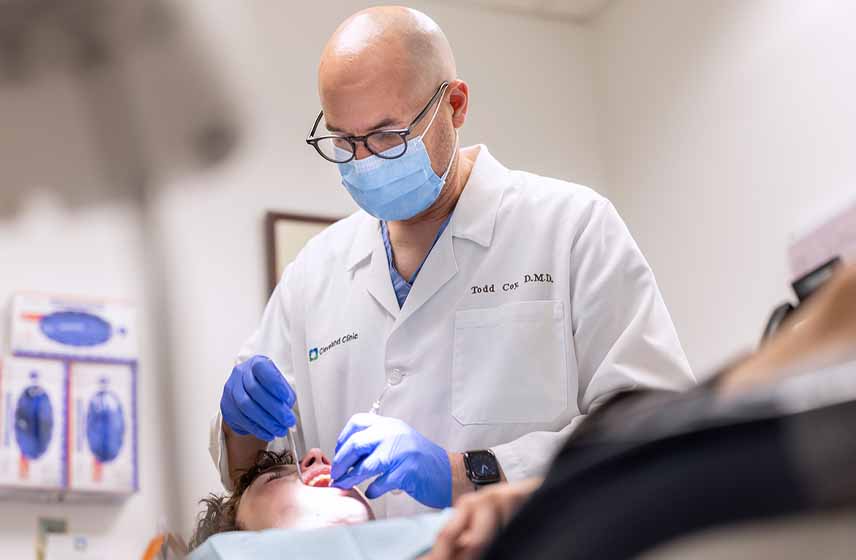Porcelain Veneers Washington DC: Your Path to a Better Smile
Porcelain Veneers Washington DC: Your Path to a Better Smile
Blog Article
Typical Concerns About Dental Veneers Addressed
Oral veneers have become an increasingly sought-after alternative for those wanting to enhance their smiles, yet lots of individuals remain unclear regarding various facets of their usage. Secret questions typically arise pertaining to the application procedure, longevity, and possible dangers related to these aesthetic enhancements. Moreover, the distinction in between porcelain and composite veneers can substantially affect one's choice. As we check out these usual queries, it becomes necessary to think about not just the benefits yet additionally the implications of deciding for oral veneers in quest of a much more certain appearance. What variables should one evaluate prior to making such a decision?
What Are Oral Veneers?
Oral veneers are slim, customized shells crafted from porcelain or composite material that are designed to cover the front surface of teeth. These oral prosthetics serve both functional and aesthetic functions, providing an option for different dental imperfections, consisting of staining, chips, spaces, and imbalance. By adhering to the teeth, veneers can substantially improve the total look of a smile, creating a much more attractive and uniform appearance.
Porcelain veneers are particularly favored for their all-natural clarity and tarnish resistance, making them a suitable choice for individuals seeking resilient outcomes. In comparison, composite resin veneers are generally less costly and can be used in a solitary visit, but they might not provide the exact same sturdiness as porcelain choices.
The choice to choose oral veneers frequently comes from a wish for visual enhancement, however patients should also consider elements such as the durability of the material, maintenance requirements, and the possible demand for tooth reduction (Low Cost Veneers). Inevitably, oral veneers stand for a efficient and flexible service for achieving a radiant smile, dealing with private cosmetic needs while promoting self-confidence and self-worth
Just How Are Veneers Applied?
The application procedure for veneers needs careful preparation and accuracy to make sure ideal results. The treatment typically starts with a detailed appointment, where the dental practitioner evaluates the patient's oral health and wellness, discusses wanted results, and identifies the appropriate kind of veneers, whether porcelain or composite material.
Once the therapy strategy is established, the dentist prepares the teeth by getting rid of a slim layer of enamel, normally about 0.5 mm to 1 mm, to suit the veneer. This step is vital as it makes sure an appropriate fit and stops the veneers from appearing large - Low Cost Veneers. After preparation, impacts of the teeth are required to create custom veneers that match the patient's unique oral structure and aesthetic choices
While the irreversible veneers are being fabricated in an oral laboratory, momentary veneers may be put to protect the prepared teeth. As soon as the long-term veneers are ready, the dental practitioner will thoroughly bond them to the teeth making use of a strong oral adhesive. Last adjustments are made to make certain proper alignment and bite, adhered to by polishing for a natural look. The procedure culminates in a follow-up appointment to keep an eye on the veneers' fit and the patient's complete satisfaction with their new smile.
What Are the Conveniences?

Additionally, veneers are recognized for their durability and resistance to discoloring contrasted to all-natural teeth. Made from high-quality products such as porcelain or composite resin, they can maintain their appearance for several years with proper care. This durability makes them a sensible financial investment in one's dental appearance.
Along with visual renovations, veneers can likewise add to improved oral health. By covering damaged or deteriorated teeth, they can give additional support and protection, helping to avoid additional decay or damage. This protective aspect can decrease the need for more extensive oral treatments in the future.

How Much Time Do They Last?
With appropriate treatment and upkeep, dental veneers can last anywhere from 10 to 15 years, making them a long-lasting option for enhancing one's smile. The durability of veneers mainly relies on the material utilized, the top quality of the first placement, and the client's adherence to dental health methods.
Porcelain veneers are recognized for their sturdiness and check out this site resistance to discoloration, generally lasting closer to the 15-year mark when taken care of suitably. Compound veneers, while more affordable, may need replacement faster, usually within 5 to 10 years because of their vulnerability to put on and staining.

Additionally, using a mouthguard throughout sports or nighttime can supply added protection. Eventually, while veneers supply a significant aesthetic improvement, their long life is considerably affected by the dedication to correct oral care and routine appointments with a dental professional.
Are There Any Type Of Threats?
Considering the transformative effects of dental veneers, it is very important to recognize the possible threats related to their application. While veneers can enhance the appearance of teeth, the procedure involves the removal of a slim layer of enamel, which can enhance tooth level of sensitivity and susceptability to decay.
One considerable danger is the possibility of incorrect placement or fitting, leading to discomfort, bite misalignment, or perhaps damages to the underlying tooth structure. Furthermore, if the veneers are not preserved correctly, they can come to be tarnished or chipped with time, necessitating substitute.
Clients might likewise experience allergies to the products used in the veneers, specifically if they have sensitivities to specific dental composites. While veneers are resilient, they are not indestructible; excessive pressure from clenching or grinding can lead to cracks.
It is essential for people to seek advice from a qualified oral expert to review their individual risks and to follow aftercare guidelines diligently. By understanding these threats, clients can make informed choices regarding their oral veneer treatment and ensure the long life and success of their enhancements.
Verdict
In summary, oral veneers represent a beneficial cosmetic service for enhancing smiles, with factors to consider regarding their recommended you read application, advantages, longevity, and connected risks. Their efficiency is influenced by aspects such as the choice of material, with porcelain offering premium toughness contrasted to composite options. Appropriate treatment and maintenance are important to make the most of the life-span of veneers. Ultimately, notified decision-making pertaining to dental veneers can cause acceptable visual end results and improved oral wellness.
Oral veneers are slim, custom-made shells crafted from porcelain or composite resin that are created to cover the front surface area of teeth. After prep work, impressions of the teeth are taken to create personalized veneers that match the patient's distinct dental structure and aesthetic preferences.
While the long-term veneers are being produced in an oral lab, short-lived veneers might be positioned to shield the ready teeth. As soon as the irreversible veneers are all set, he said the dental expert will meticulously bond them to the teeth making use of a solid oral adhesive. Inevitably, educated decision-making relating to oral veneers can lead to adequate visual results and enhanced dental health.
Report this page